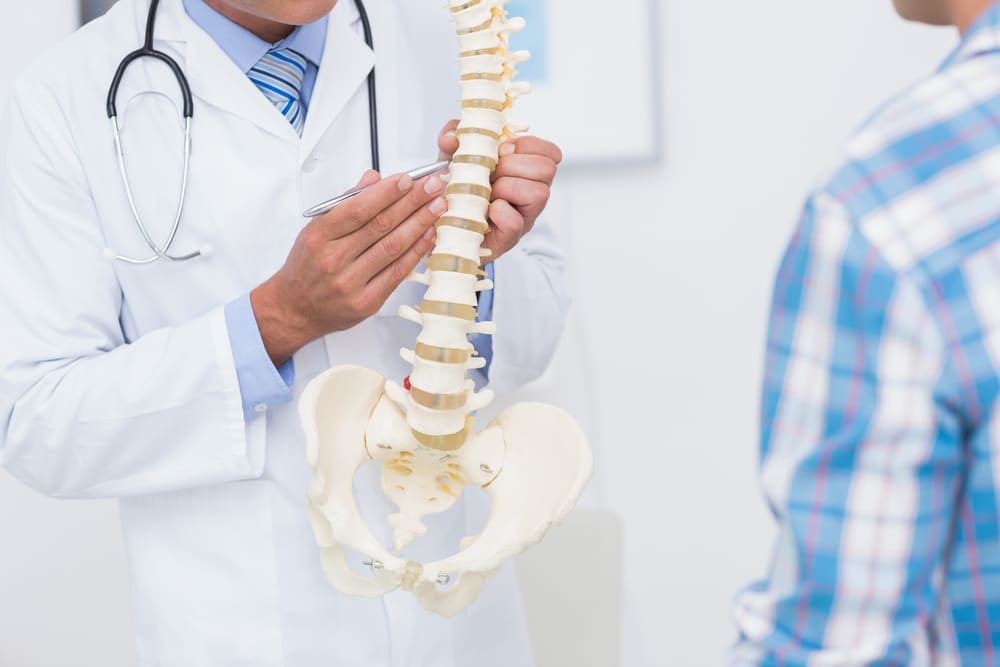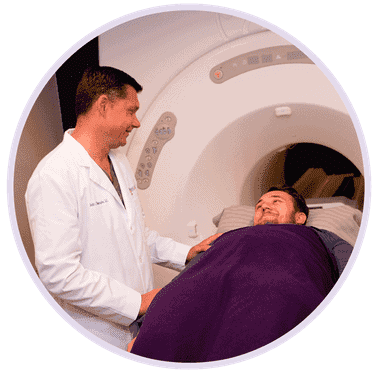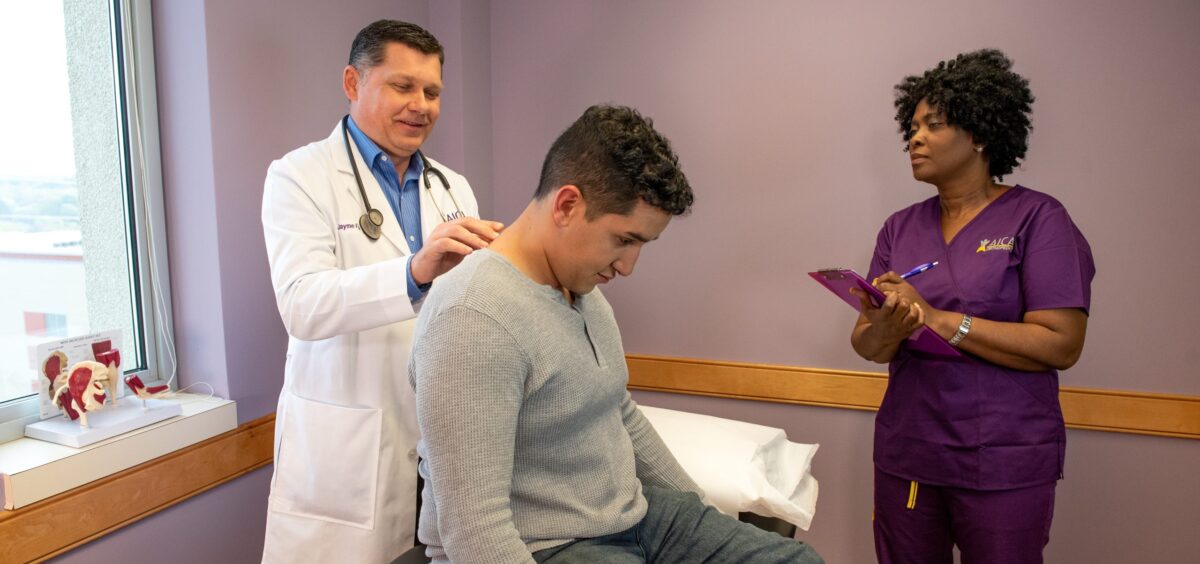What Doctor to See for Car Accident Neck Injuries
Navigating through the medical care pathway for neck injuries resulting from car accidents entails identifying the right healthcare professionals for treatment. AICA Orthopedics car accident clinics harbor a cohesive team of doctors adept in a plethora of treatments and services, ensuring a comprehensive care environment tailored to your needs.
Chiropractors, as practitioners specializing in managing musculoskeletal disorders, stand out as a viable option for addressing neck pain after a car accident. The focus of chiropractic care is diagnosing and treating conditions involving the spine and neck through techniques such as spinal adjustments. In managing neck pain, chiropractors employ controlled, gentle manipulations of specific neck joints to enhance alignment, mitigate inflammation, and reinstate optimal nervous system function. This approach serves to alleviate pain, foster mobility, and stimulate the body’s intrinsic healing capabilities.
Orthopedic practitioners play a pivotal role in orchestrating and executing care plans for neck pain affiliated with car accidents. Specializing in the comprehensive management of musculoskeletal disorders, orthopedic doctors employ an array of strategies to diagnose, treat, and avert conditions impacting the neck. The initial approach typically involves non-surgical methods, such as utilizing hot/cold therapy, ultrasound, and electrical stimulation to alleviate pain and diminish inflammation. Should neck injuries from a car accident necessitate surgical attention, orthopedic surgeons are adept at executing varied procedures to manage persistent or intense neck pain.
Physical therapy emerges as a cardinal component in the therapeutic journey of car accident-induced neck pain. Physical therapists, experts in augmenting mobility, minimizing pain, and facilitating functional recovery, employ a blend of exercises, manual therapy, and additional techniques. The regimen usually encompasses therapeutic exercises meant to fortify neck-supporting muscles, enhance flexibility, and expedite healing, involving targeted stretching, strengthening, and stabilization exercises. Guiding you with precision, a physical therapist ensures optimal exercise benefits while mitigating potential injury risk.
Engaging neurologists and neurosurgeons is paramount for the diagnostic and therapeutic management of neck pain resulting from car accidents. Neurologists, specializing in diagnosing and treating nervous system disorders, proficiently evaluate nerve damage and pinpoint pain origins related to car accident neck injuries. Neurosurgeons, focusing on surgically addressing neurological conditions, are particularly invoked when surgical measures are requisite to manage neck pain post-accident, capable of operating on complex structures like the spinal cord to alleviate persistent or severe pain.
Navigating Car Accident Neck Pain: Causes and Recovery Time
Why do I feel neck pain after a car accident?
It’s quite common to experience neck pain following a car accident. The sudden and forceful impact of the collision can lead to various injuries to the muscles, ligaments, and vertebrae in the neck area. Common injuries include whiplash, strains, sprains, and even vertebral fractures, all of which can result in significant neck discomfort.
Why is the pain focused on the base of my neck after a car accident?
Pain focused toward the base of the neck after a car accident can arise from several reasons. The impact can particularly affect the lower cervical region, causing strains, sprains, or even minor dislocations. Additionally, herniated discs or pinched nerves in this region might also be a culprit. The abrupt movement during the crash can exacerbate existing issues or create new injuries, leading to localized pain.
How long does neck pain persist after a car accident?
The duration of neck pain following a car accident can be influenced by multiple factors, including the nature of the injury and individual healing rates. In milder cases, neck discomfort might subside within a week or two with simple treatments like rest, pain relief medications, and gentle exercises. However, more serious injuries such as vertebral fractures or significant ligament damage may necessitate an extended recovery timeframe.


















